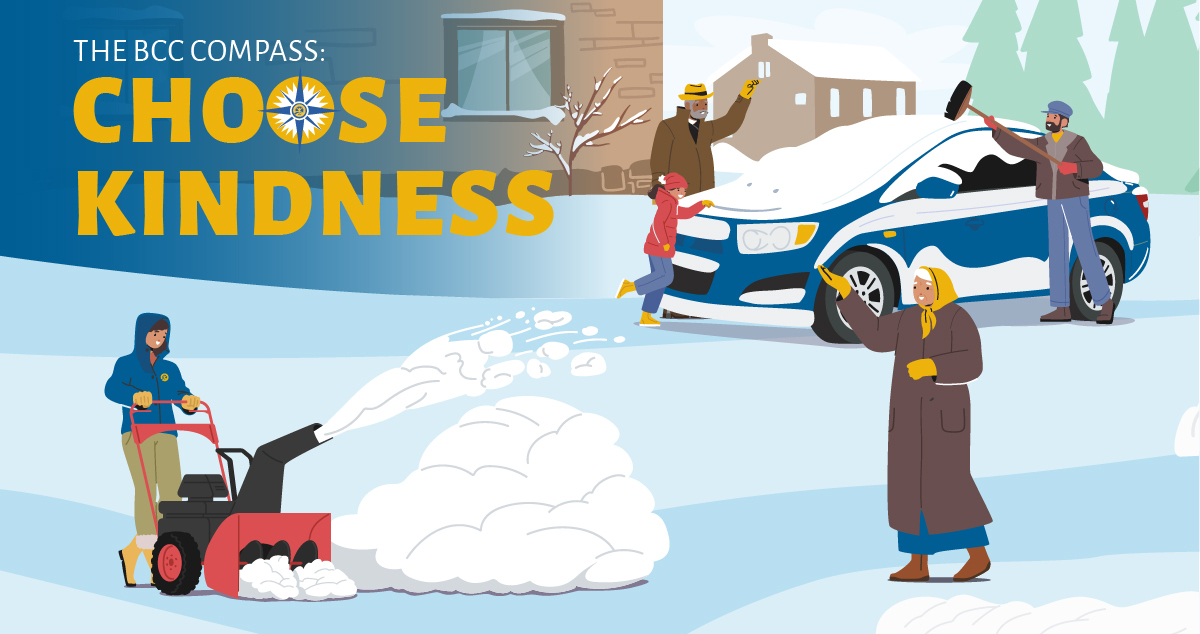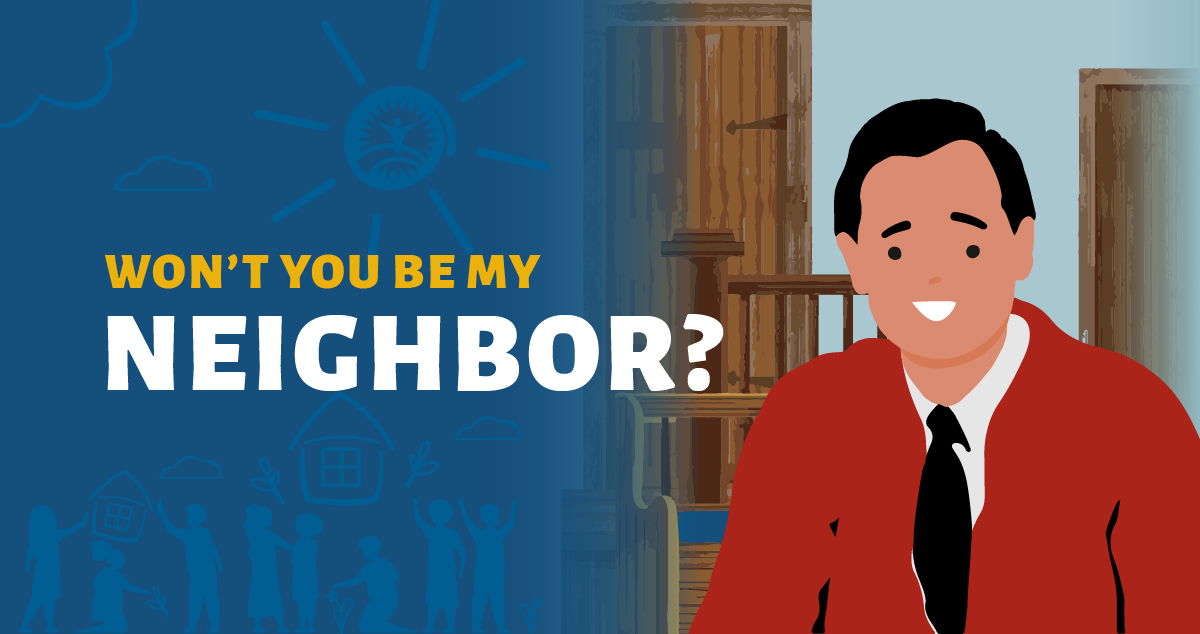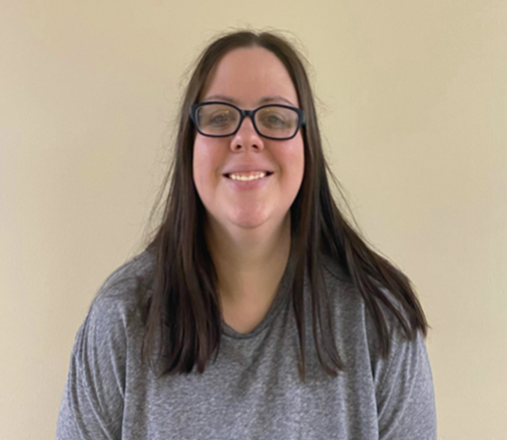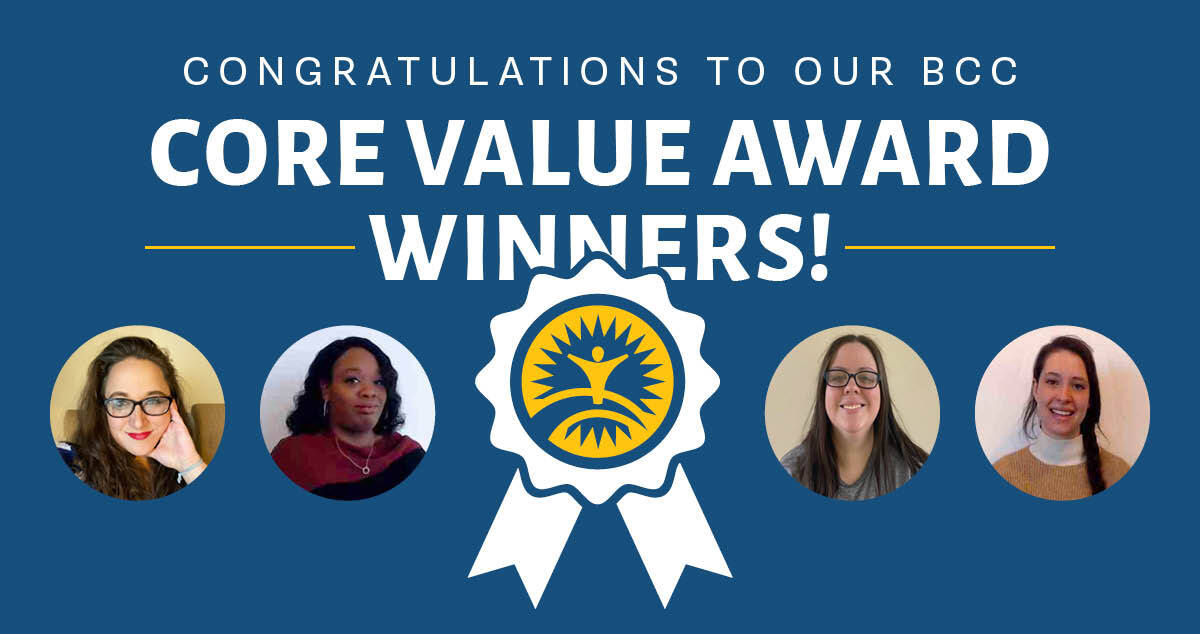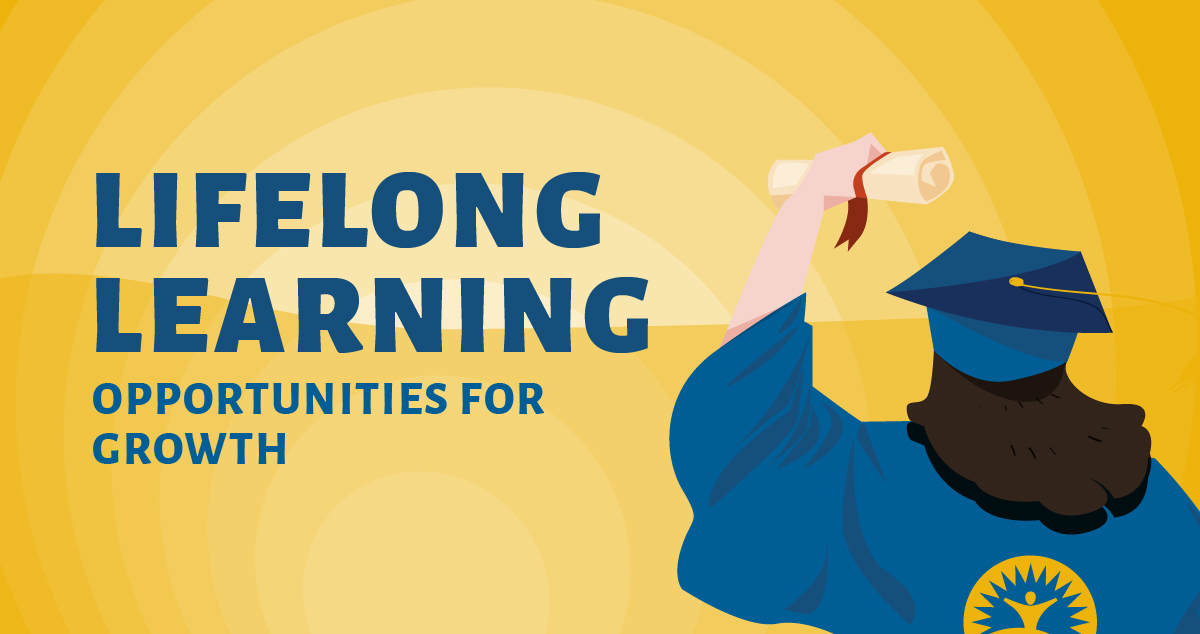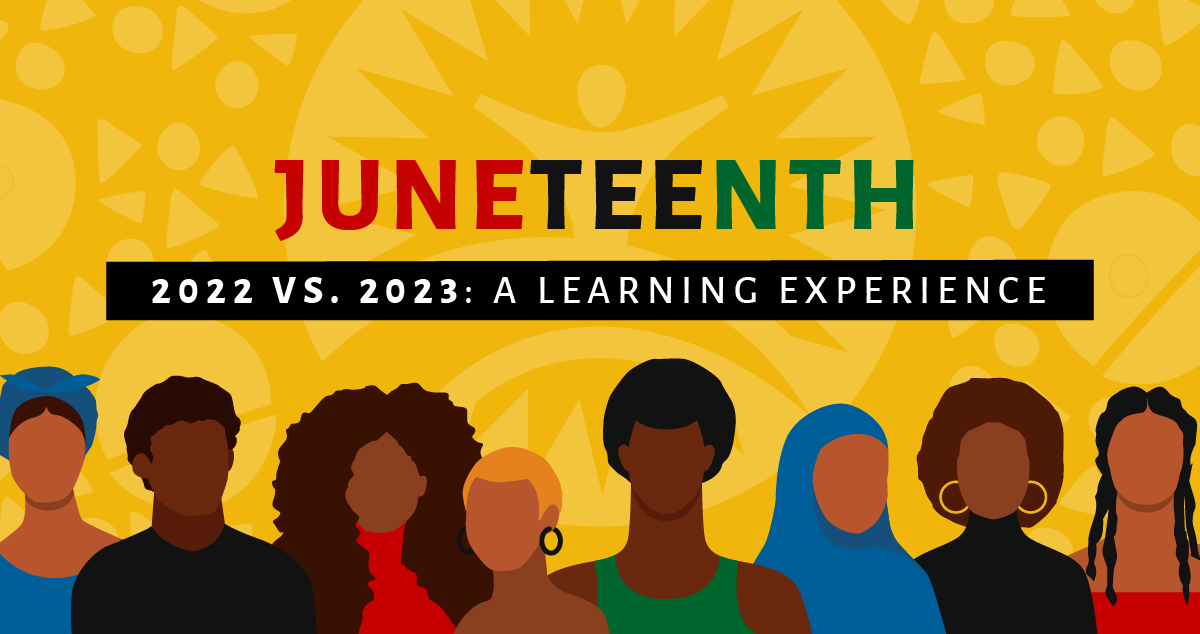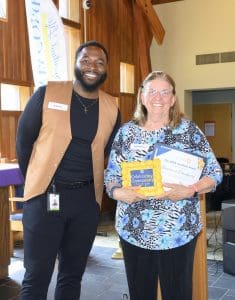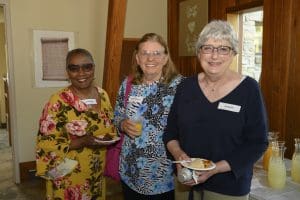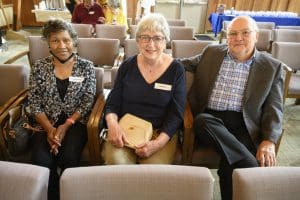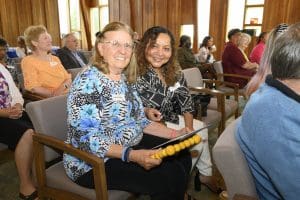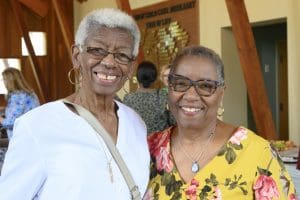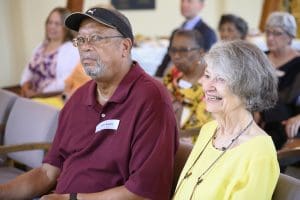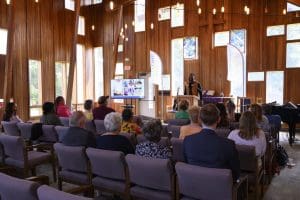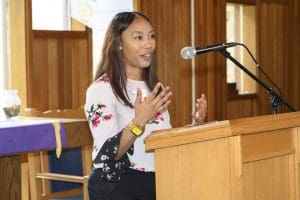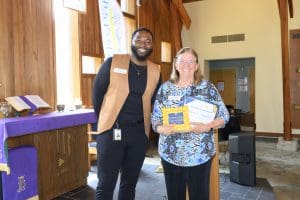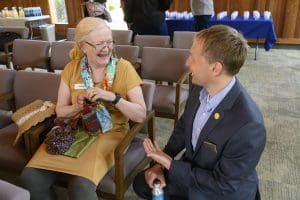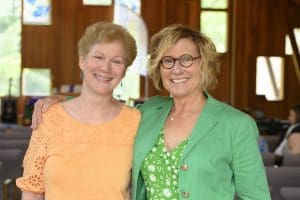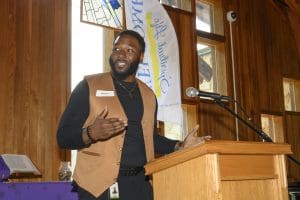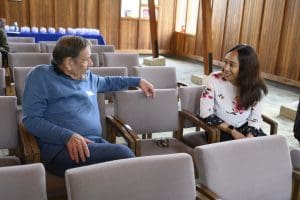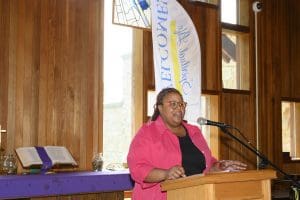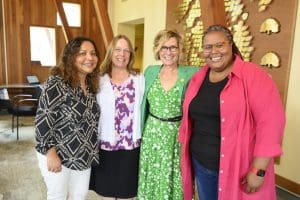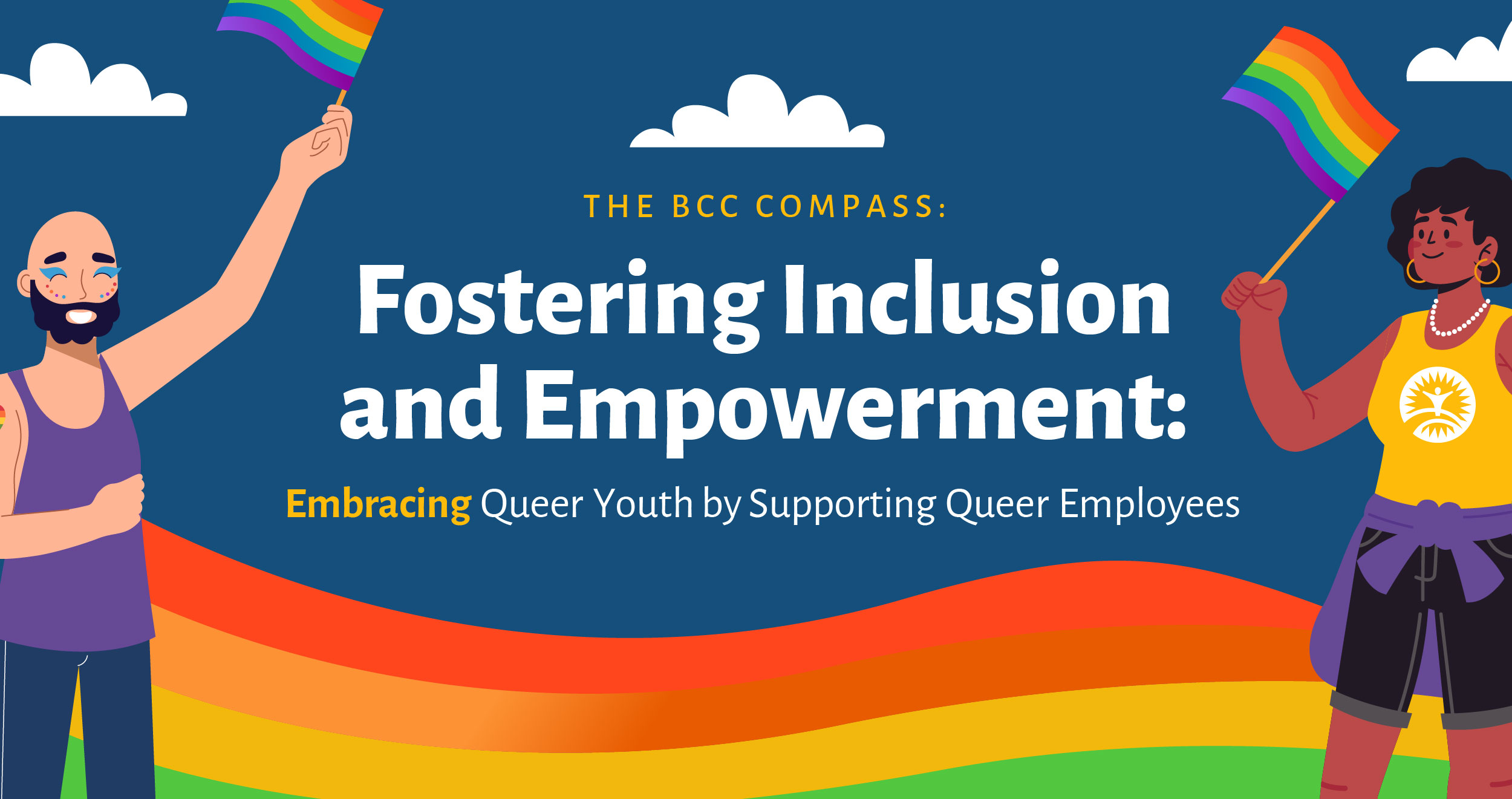
In conjunction with National Human Trafficking Awareness Month, Everstand invites you to join the Anne Arundel County Human Trafficking Collaborative and Park Books’ powerful, eye-catching Red Sand Project Event. This interactive installation and gathering aims to raise awareness and spark conversation about the hidden crime of human trafficking not only internationally, but within the community of Anne Arundel County. Everstand is proud to be the sponsor of this event!
Turning the Tide with Awareness
On January 18, 2024, at 12:00 pm (rain or shine), participants will gather at Park Books’ Community Space (2nd Floor) at 555 Baltimore Annapolis Boulevard, Severna Park, MD, 21146. The event will begin with a brief presentation from community partners in the fight against human trafficking:
- Lauren Alexander-Binns, PMP, PI, Chair of the Anne Arundel County Human Trafficking Collaborative Public Awareness Subcommittee, Founder of HALT, and Physical Security Analyst, E-ISAC
- Alexandria Garcia-Rodriguez Clay, Vice-Chair of the Anne Arundel County Human Trafficking Collaborative Public Awareness Subcommittee and Family Navigator for the Anne Arundel County Partnership
- Caryl Ralph, Coordinator with the Anne Arundel Co. Department of Social Service Child Advocacy Center
- Jasmine Mayo, Anne Arundel County Regional Navigator Supervisor with Everstand
Following the presentation, the community will unite in a symbolic act of solidarity. Together, we will pour red sand into cracks and crevices, which represents the hidden nature of human trafficking and the vulnerabilities that make individuals susceptible. This impactful visual will serve as a reminder that the fight against modern-day slavery requires the vigilance and support of everyone.
“In the campaign against human trafficking, awareness and advocacy is the shield that prevents victims from slipping through the cracks of exploitation. Addressing modern-day slavery, is no small feat, but by igniting a collective call to action within our community, we can strive to be the light casting out the darkness of an epidemic that knows no societal bounds,” states the chairwoman of Anne Arundel County Hun1an Trafficking Collaborative’s Public Awareness Subcommittee, Lauren Alexander Binns. “The Red Sand Project offers a visually striking way to educate our community, highlight the warning signs, and empower individuals to take action and stand against this grave injustice.”
Joining the Movement
The Anne Arundel County Human Trafficking Collaborative is committed to raising awareness and building a network of community partners to combat human trafficking. This event serves as a vital step in that direction, encouraging open dialogue and inspiring concrete action.
We encourage everyone in Anne Arundel County to join us for this impactful event. Learn about the realities of human trafficking, connect with resources, and become a part of the solution. Please RSVP to PublicAwarenessAACHTC@gmail.com by January 15, 2024 or visit the link for more details. Together, we can create a community where all individuals are valued and protected. Let’s make Anne Arundel County a beacon of hope in the fight against human trafficking.
Read more from National Human Trafficking Prevention Month: AACHTC Red Sand Project Event